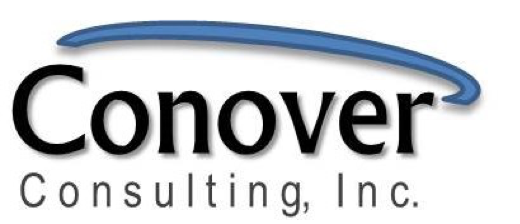Why Leadership Self-Care is More Vital Than Ever in the Age of COVID
Anyone who has flown on a commercial airliner has likely heard the pre-flight safety spiel that includes the following: “In the event of a loss of cabin pressure, emergency masks will deploy automatically. If you are traveling with a child, put your mask on first before attempting to help the child with theirs.”
As I mentioned in my recent video, the logic behind this seemingly selfish directive is obvious. If you’re debilitated, you’re in no condition to help someone else. This same reasoning holds true in the C-suite as it does traveling in an aluminum tube at 30,000 feet: If you’re in a position of authority, you have a duty to see to your own needs before turning your attention to those in your care.
Side note: the oxygen mask/leader-first metaphor is so powerful it was employed by business consultant Kevin N. Lawrence as the title for his 2017 book: Your Oxygen Mask First: 17 Habits to Help High Achievers Survive & Thrive in Leadership & Life.
Depending on your personality type, the idea of putting your needs ahead of others may be instinctive — or it may feel uncomfortably counterintuitive. On the famous Myers-Briggs personality spectrum, Debaters, Executives, Entrepreneurs. and Commanders (ENTJ: Extraverted, Intuitive, Thinking, Judging) are less likely to feel guilty about putting their own needs first, whereas to Advocates, Mediators, Adventurers, and Defenders, the very idea of putting one’s own immediate needs before someone else’s is anathema.
To be sure, these Meyers-Briggs personality models stand apart from clinical classifications like narcissist and sociopath, whose toxic self-centeredness and lack of empathy can lead to harmful, sometimes even dangerous dysfunctions. Regardless, the idea of great leaders “doing without” and not taking advantage of one’s lofty position has a long, storied tradition.
For instance, in World War II, General George S. Patton purportedly ate the same meager rations as his grunts, believing this was the only way he could judge how hard they could fight on a given day. Likewise, even as he was earning his first billion, Amazon founder Jeff Bezos toiled from a desk composed of an old door propped up on two sawhorses, the same bare bones working arrangement he possessed when he barely had a dollar to his name. And Facebook founder Mark Zuckerberg reportedly drives a modest Acura TSX valued at approximately $30,000.
Of course, it’s one thing to live modestly and quite another to ignore your mental and emotional health. Pushing one’s self too hard can result in all kinds of problems, including shortness of temper, poor decision-making, depression, and increased instances of physical injury — not to mention, such long-term medical issues as hypertension, cardiovascular disease, diabetes, and a lowered immune system. None of these are helpful to you, your employees, or your organization.
With COVID-19 having restricted or, in many cases, eliminated our traditional safety valves: gyms, restaurants, travel, friends and family events, etc. we nonetheless must make a special effort to practice self-care. Here are some key examples:
Make sure to get 6.5 to 8 hours of sleep per night.
Eat a diet low in sugar and high in fruits and vegetables.
Engage in daily exercise (both cardiovascular and muscle-building).
Take time for personal interests and hobbies.
Beyond these activities, it’s also critically important to maintain, at minimum, a small circle of friends (outside your immediate family), with whom you can “dump the truck” and not be judged or rejected, even when things get messy. After all, preserving emotional support is just as vital as engaging in physical fitness activities. Having a group of friends who understand you and are in your corner to support you is imperative for any effective leader.
Why is this so? As the airliner example makes clear, if you are running on fumes emotionally or physically you won’t have what it takes to listen with empathy and compassion, not to mention, provide space for the feelings of your people so they feel valued and heard by you.
Making sure that leaders stay at the top of their game is one of the many business consulting services we offer. We have found that with expert coaching and counseling, even people with the guilt-dominant Myers-Briggs personality types discussed above can learn to “put their oxygen masks on first” before seeing to the welfare of their direct reports.
To learn more about how leadership training can deliver optimum results in both good times and bad, contact us at @ lauraconover.com.
In these turbulent times, you may find us to be a breath of fresh air.
